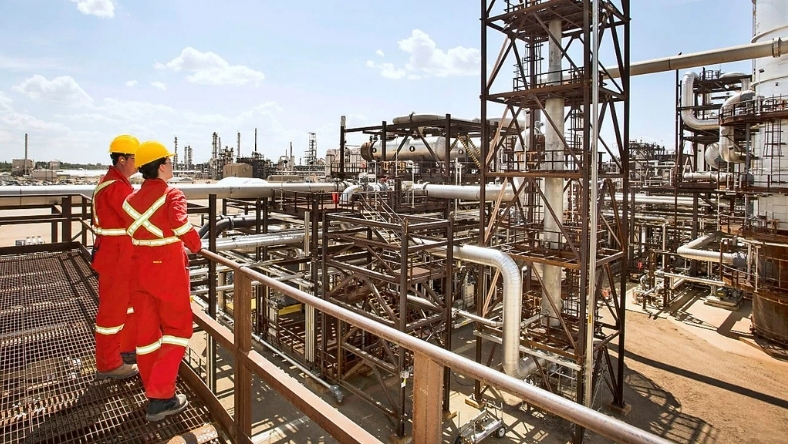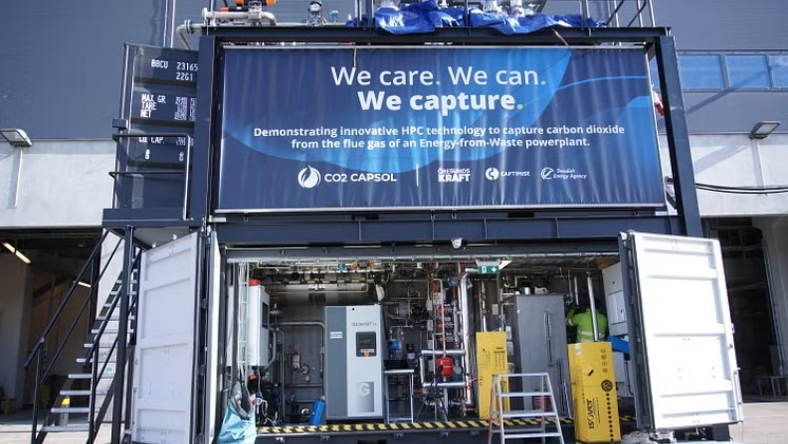RESEARCH
Can Europe Turn Carbon Capture Into an Industry?
CCS projects from Norway to Denmark mark new phase in industrial decarbonisation
24 Oct 2025

Europe’s plans for carbon capture and storage are moving from research to deployment as major energy and industrial groups unite to cut emissions from heavy industry. What began as isolated pilot schemes is fast becoming central to the continent’s net-zero strategy.
The turning point came with Norway’s Northern Lights project, the region’s first open-access network for transporting and storing carbon dioxide. Developed by Equinor, Shell and TotalEnergies, it began permanent CO₂ injection beneath the North Sea in August 2025. The project’s start-up has prompted a wave of new ventures as companies seek access to storage capacity and alignment with tightening EU climate policies.
In Denmark, INEOS Energy and Harbour Energy have approved final investment for Project Greensand, targeting first CO₂ storage between 2025 and 2026. The Netherlands’ Porthos project is nearing completion of its transport network after key installations this year. Together, these initiatives are building a cross-border carbon infrastructure linking refineries, factories and power stations to deep geological reservoirs. Analysts estimate the network could remove millions of tonnes of emissions annually, giving Europe an early foothold in the emerging carbon management market.
“We’re witnessing the birth of a carbon infrastructure economy,” said Sophie Laurent of Energy Transition Partners. “These partnerships are no longer pilot projects; they’re strategic bets on Europe’s industrial future.”
Public funding is reinforcing the shift. Germany’s multi-billion-euro industrial decarbonisation schemes and new EU rules for cross-border CO₂ transport are helping to turn demonstration projects into viable businesses. The European Commission is also examining an EU-wide carbon removal purchasing framework, a sign of rising confidence in the sector’s long-term value.
Obstacles remain, including high costs and questions over large-scale performance. Environmental groups warn that CCS should not replace broader emissions cuts. Yet the growing number of operational sites and storage hubs suggests the technology is entering a commercial phase.
With integrated infrastructure and regional coordination, Europe is positioning itself as a global testing ground for industrial decarbonisation and potentially a model for turning climate ambition into tangible results.
Latest News
13 Feb 2026
AI Speeds Europe’s Hunt for Carbon Storage12 Feb 2026
EU Sets Voluntary Rules for Carbon Removals11 Feb 2026
Modular Carbon Capture Tested at Cement Plant10 Feb 2026
Europe’s CO₂ Hub Alliance Pushes Cross-border Storage
Related News

RESEARCH
13 Feb 2026
AI Speeds Europe’s Hunt for Carbon Storage

REGULATORY
12 Feb 2026
EU Sets Voluntary Rules for Carbon Removals

INNOVATION
11 Feb 2026
Modular Carbon Capture Tested at Cement Plant
SUBSCRIBE FOR UPDATES
By submitting, you agree to receive email communications from the event organizers, including upcoming promotions and discounted tickets, news, and access to related events.